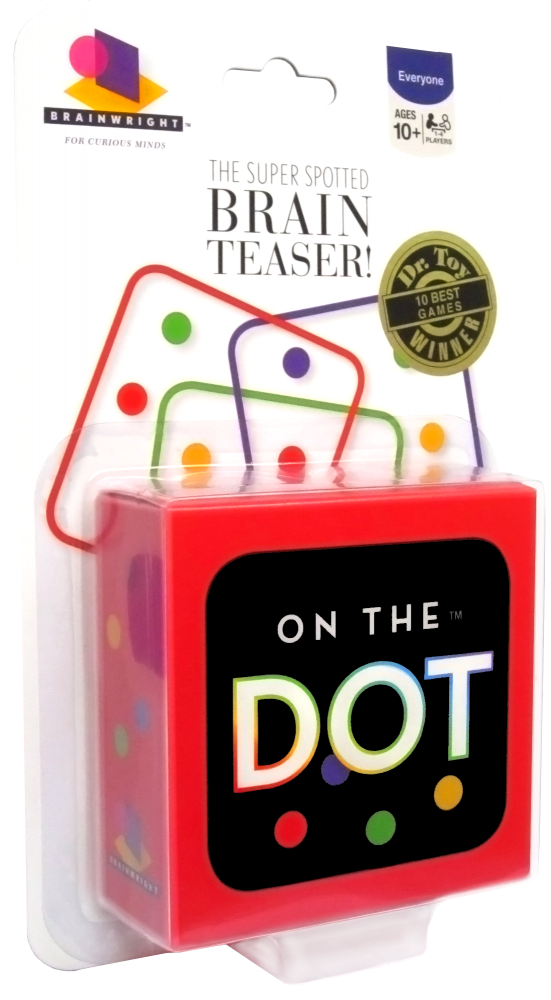Dealing with Dementia
- Project Enigma
- Jun 7, 2022
- 4 min read
Here at Project Enigma, we know that play can have a positive impact on our lives and well-being. In particular, we believe that our work here can reduce the onset of dementia in the community.

(Taken from https://unsplash.com/photos/dYNar7pk9_Y)
What is dementia?
Dementia is a medical condition most frequently associated with memory loss and forgetfulness - however, those who are diagnosed with it may also suffer from disorientation, personality changes and a general decline of their mental faculties.
Dementia can be caused by a variety of diseases or injuries (e.g., Alzhemier’s disease or stroke) that affect protein structures in our brain, resulting in a decrease in cognitive function. While they are not a natural part of ageing, age is a known risk factor of this syndrome. Currently, there are few cures for dementia-causing diseases, although there exists medication to alleviate the symptoms of dementia.
Dementia on the rise
Worryingly, the number of those with dementia is projected to grow in the near future. Worldwide, there were over 55 million people living with dementia in 2020, and this number is expected to reach 78 million in 2030 according to Alzheimer's Disease International.
In Singapore, dementia cases are expected to hit around 80,000 by 2030. Besides the physical, social, and emotional strain placed on individuals affected and their families, there are great economic costs borne by society as well. In 2016, dementia was estimated to have cost Singapore $1.4 billion dollars; this figure is derived from social care costs (e.g., cost of hiring helpers) and healthcare costs arising from associated medical conditions such as depression.
The Covid-19 pandemic has also made things worse. Over the past two years, the ever-changing social gathering restrictions have increased the isolation felt by dementia patients. Fortunately, the worst of the pandemic seems to be behind us, and safe-distancing measures have been relaxed considerably to allow for more social engagements to carry on.
What can be done to prevent dementia?
Nonetheless, there remains much more that can be done, especially as Singapore faces an ageing population which is more prone to dementia. The best way to prevent the onset of dementia among the elderly is to keep their minds stimulated. This tallies with a 2017 survey conducted by NCSS on the Quality of Life of seniors, which found that they needed more opportunities to participate in recreational and leisure activities in order to keep fit and healthy.
With the reopening of eldercare centres since June last year, more seniors are now able to take part in a variety of activities (e.g., crossword puzzles, colouring books, connect-the-dots exercises etc.) to keep their minds engaged. However, seniors can also be engaged while at home too - and there are some who might be unable to attend eldercare centres for various reasons - and this is where we can help.
P. Enigma - Sparkbox Plans
Here at Project Enigma, we have around 1500 unique mechanical puzzles in our collection that we loan out to customers on a monthly basis through our Sparkbox Plans. Mechanical puzzles are 3-D puzzles that have to be creatively manipulated before they can be solved.
We believe that playing with these puzzles will help keep dementia at bay for the elderly. Solving these puzzles stimulates the mind and requires active participation from the puzzler, and thus it is a healthier alternative as compared to watching television for example, which is a passive activity that does not fully engage the brain.
Mechanical puzzles come in all shapes and sizes: there are disentanglement puzzles, sequential movement puzzles, assembly puzzles etc. With so many options available, there will certainly be something that is suitable for everyone, regardless of age or experience.
Some puzzles we hold which are senior-friendly include XL versions of the classic Tangram, 15 Puzzle, and Soma Cube puzzles. These are puzzles that seniors might have played with during their childhood, and they would be more interested to attempt them. These puzzles are also replayable, allowing seniors to gain mastery in solving them over time, which boosts confidence in their problem-solving abilities. Being large, these puzzles can be worked on by multiple people and solved cooperatively too. Finally, these tactile puzzles are able to engage both the minds and hands of the elderly at the same time.
Besides mechanical puzzles, jigsaw puzzles are also very suitable for seniors who want to keep their minds sharp. MindStart, Gibsons Piecing Together, and Puzzle With Me all offer jigsaw puzzles that are specifically catered to the elderly. Their puzzles have a lower piece count, consist of extra large pieces for easier handling and have simpler designs to make it less difficult for seniors. The colourful artwork and meaningful drawings also help to activate the mind and evoke their past memories, and can be good conversation starters too.
With dementia numbers expected to rise considerably in future, the team at Project Enigma wants to play our part in tackling this challenging issue. We strongly encourage caretakers taking care of dementia patients and family members with elderly parents to try out our puzzles. For those who want to find out more about our work, be sure to check out the rest of our website here.
If you have any other queries about who we are and our various offerings, feel free to contact us here :) If you work for an organisation serving patients with dementia and would like to get some of these puzzles for your clients, we offer SparkBox Enterprise Plans as well. Just write to us, and we will get back to you as soon as we can!
References
“Dementia.” World Health Organisation.
“Diagnosis and Treatment.” Mayo Clinic.
“Dementia in Singapore.” HealthXchange.sg.




Comments